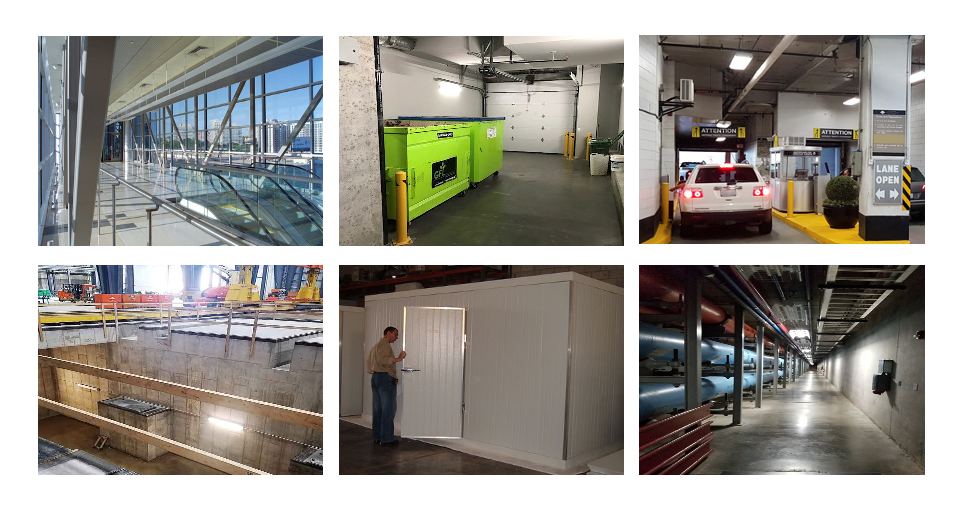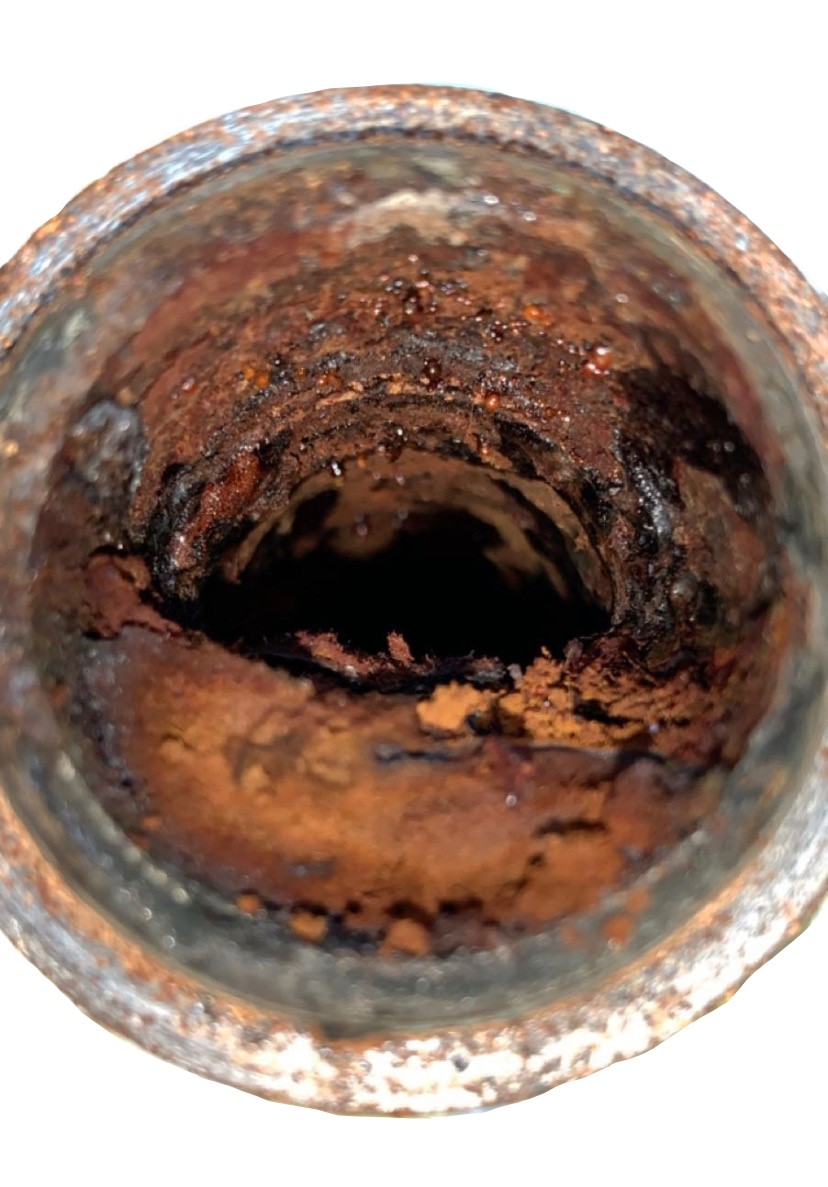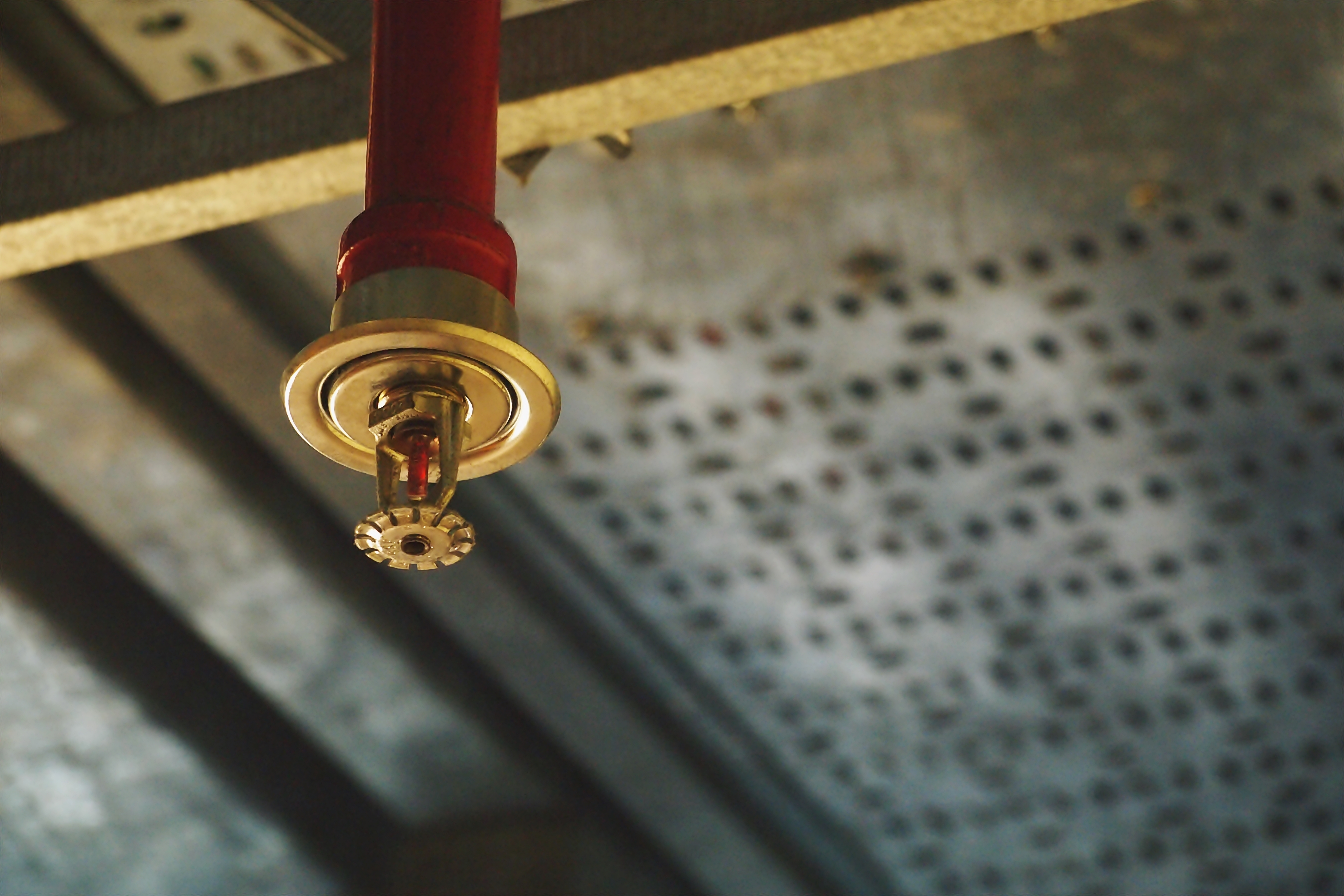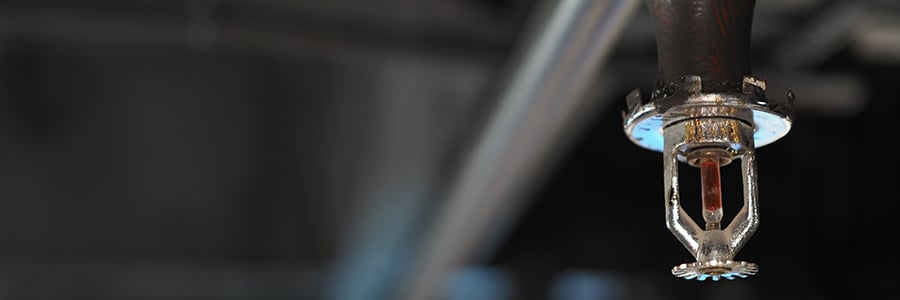Simple, Accurate Listed Antifreeze Volume Calculations
Before NFPA Standards required the use of listed antifreeze solutions, installation, testing and maintenance (ITM) contractors could site-mix antifreeze fluids to meet the volume requirements of a...







